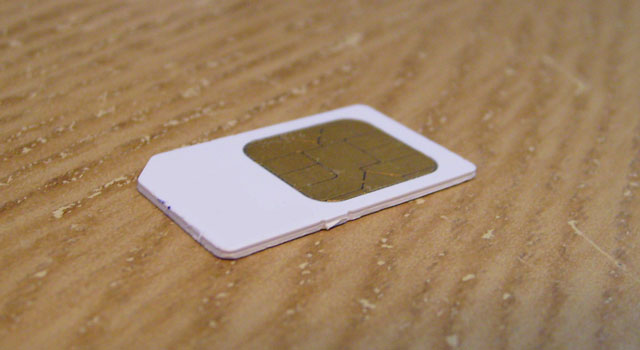
The Advertising Industry Tribunal has upheld a decision of the Advertising Standards Authority, in the process handing a victory to MTN, which had complained that a radio ad campaign by Cell C belittled its popular “MTN Zone” prepaid calling plan and its “Mahala Thursdays” promotion.
In the Cell C ad, an actor with an American accent stated, among other things: “Some people can only make calls from Zone 1 eKasi to Zone 3 for cheaper, only one day of the week? That’s not kwa!”
MTN Zone is a price plan that offers discounts to consumers depending on their location, time of day and network load. Mahala Thursdays offers a discount of 50% of the value of a recharge voucher if that voucher is purchased on a Thursday.
MTN argued that the Cell C ad made clear reference to the Zone product, although it didn’t name it specifically. Similarly, the reference to “only one day of the week” would be seen as a reference to the Mahala promotion, and the use of the words “ayo, yo, yo, yo, yo” in the ad would bring to mind MTN’s widely used slogan, “ayoba”, it said.
“It is clear that the respondent’s disparagement is not incidental, but rather a direct, deliberate and purposeful intent to disparage MTN’s products,” the operator said.
In response, Cell C argued that it was an established principle of the Advertising Standards Authority that when an advertiser chooses to use ordinary words to describe products, they run the risk that those words could be used to have a “secondary dig” at them in advertising. “It is permissible … to have a ‘dig’ at competitors as a secondary communication in an advertisement.”
The company argued that the word “zone”, particularly together with the word “eKasi”, was a common way of referring to zones of a township, such as Soweto. It said it was therefore “using an ordinary word to illustrate the problem of previous offers throughout the industry where the advertised offer is only available if you phone from a particular place at a particular time to a particular number”.
“The primary meaning of ‘zone’ is within the ordinary meaning of the word, and is not an attempt to directly compare the respondent’s offer with the MTN Zone offer.”
In addition, the phrase “ayo, yo, yo, yo, yo” is an “ordinary way of saying ‘oh dear’ or ‘oh my goodness’ in black South African English. It is similar to the Yiddish expression ‘oy oy oy’. In fact, even the phrase ‘ayoba’ … has the ordinary meaning of ‘hello’ or an expression of excitement.”
However, the authority found that the “hypothetical reasonable person” would interpret references to “zone”, “only one day of the week” and “ayo, yo, yo, yo, yo” together as referring to MTN and its products.
In addition, the Cell C ad effectively communicated that MTN’s products were “not cool”, disparaged them, and was therefore in breach of authority’s code. It instructed Cell C to withdraw the ad.
Cell C appealed the authority’s decision to the Advertising Industry Tribunal last September, with the tribunal publishing its decision this week.
In dismissing the appeal, the tribunal said that ads had to be judged as a whole. “While there is use of some words that may have an ordinary meaning might be acceptable, the execution of the radio advertisement, in particular the tone and the positioning … clearly do not add value to the brand but gives the distinct message that a competitor’s product should be discarded. Accordingly the appeal is dismissed with costs.” — (c) 2013 NewsCentral Media




